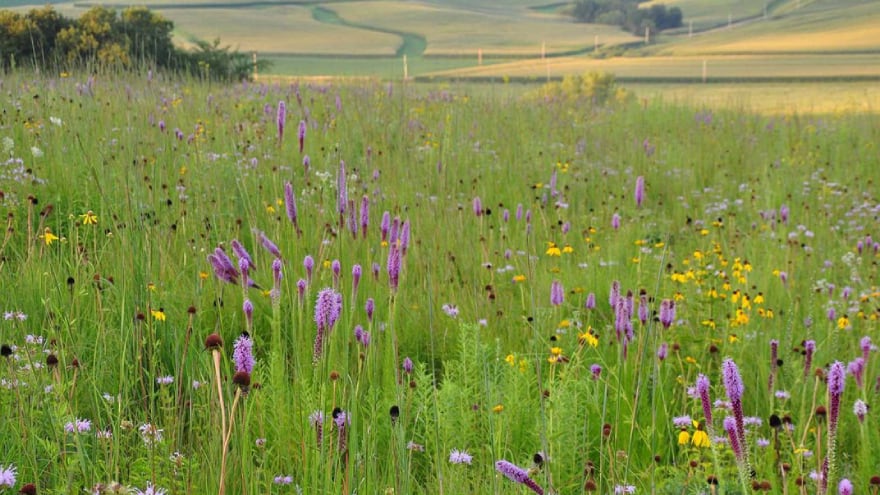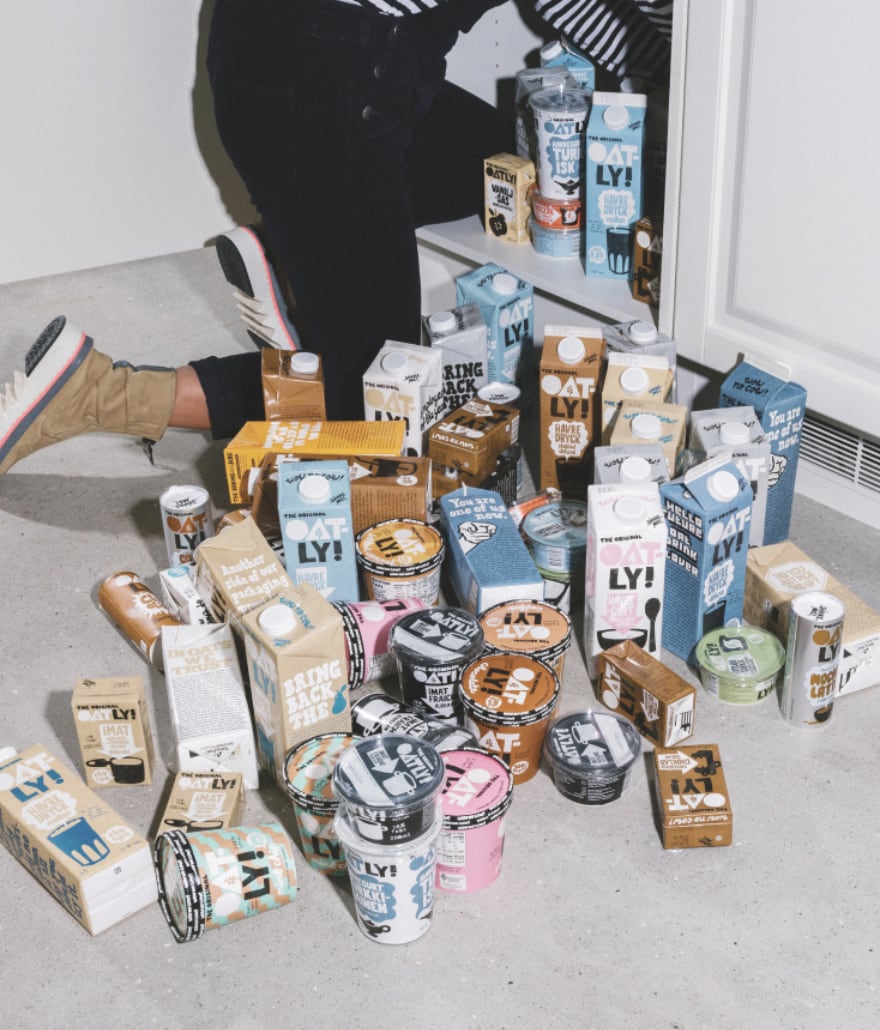Sorry-not-sorry for another depressing environmental disaster headline. At least I didn’t write that one. You can thank Becca Dzombak over at Smithsonian Magazine for it and for following up on the scientific study that produced the findings. This article and study are aggravating to read because they properly identify the root causes and that people just don’t change. We’ve known for fifty-plus years that sustainable practices would be better for the long term, but due to short term capitalist pressure farmers pump yearly yields until collapse.
Aggressive plowing and monoculture planting led to unprecedented topsoil loss during the Dust Bowl. In 1935, in the wake of staggering soil and economic loss, Congress created the Soil Conservation Service (now known as the National Resource Conservation Service) to encourage more sustainable farming. The organization encouraged no-till planting, which conserves topsoil by not churning it up as intensely as conventional tilling, and cover crops, which help hold soil in place and replenish its nutrients, in the mid- to late-1900s. Today, such sustainable practices are beginning to spread as awareness of soil spreads too, but fewer than a quarter of fields nationally are farmed with no-till practices.

